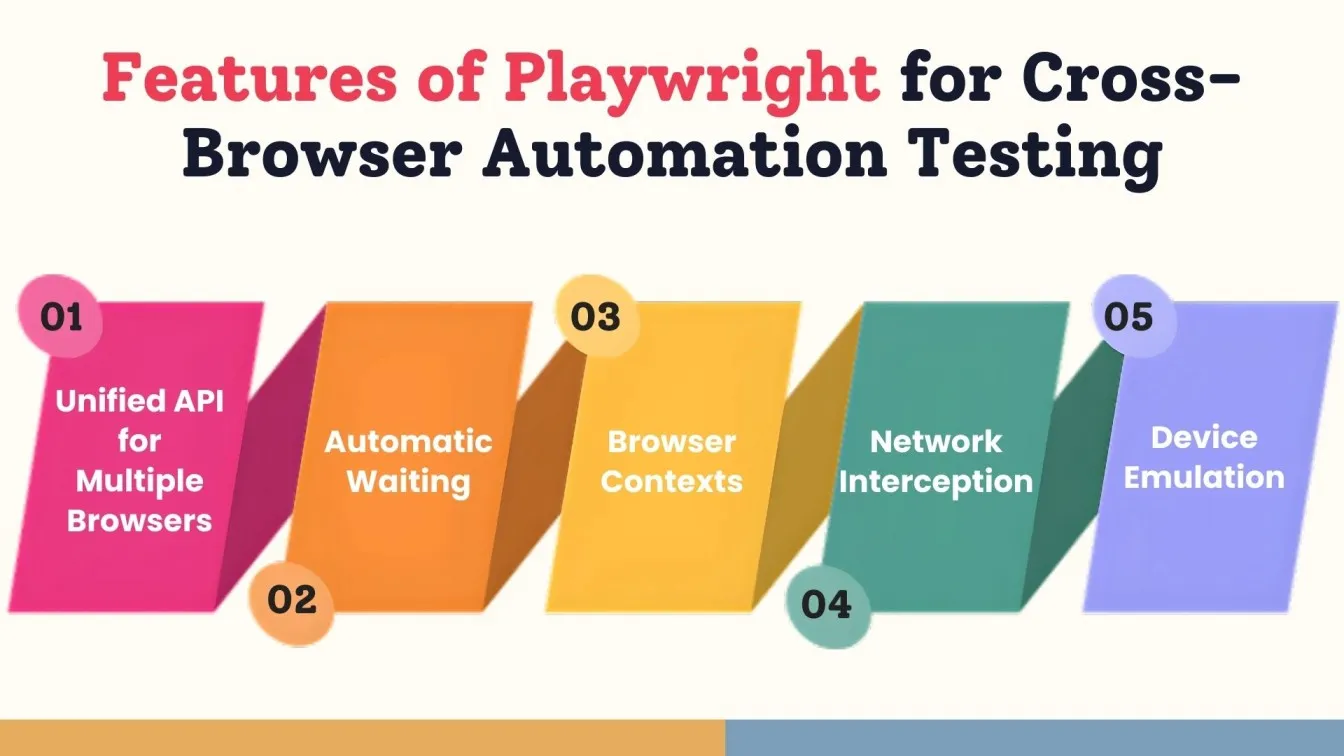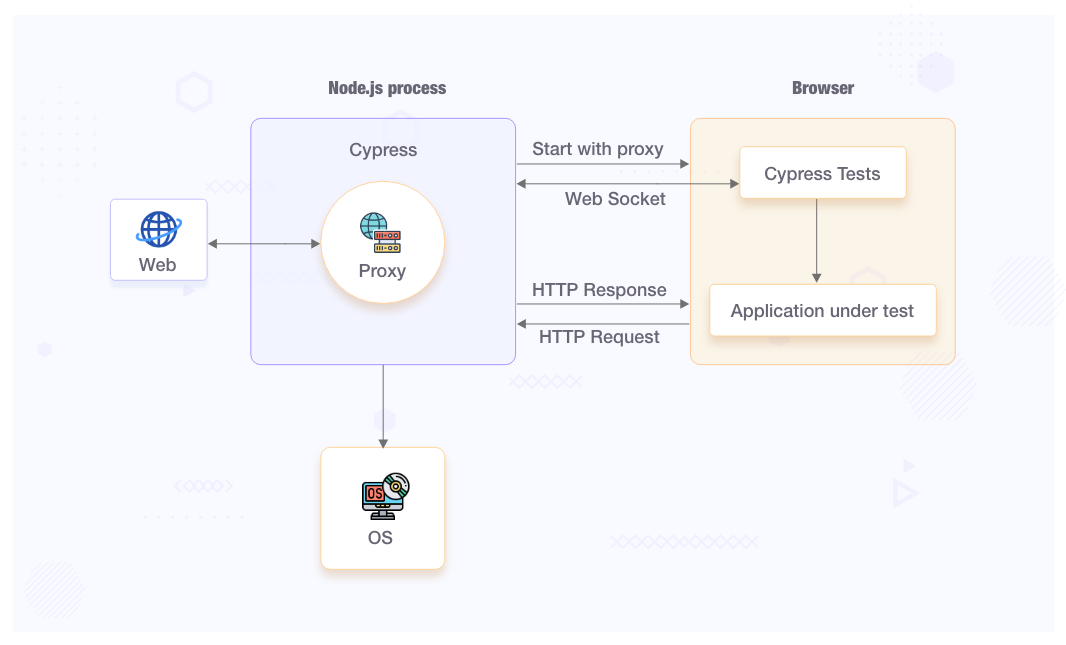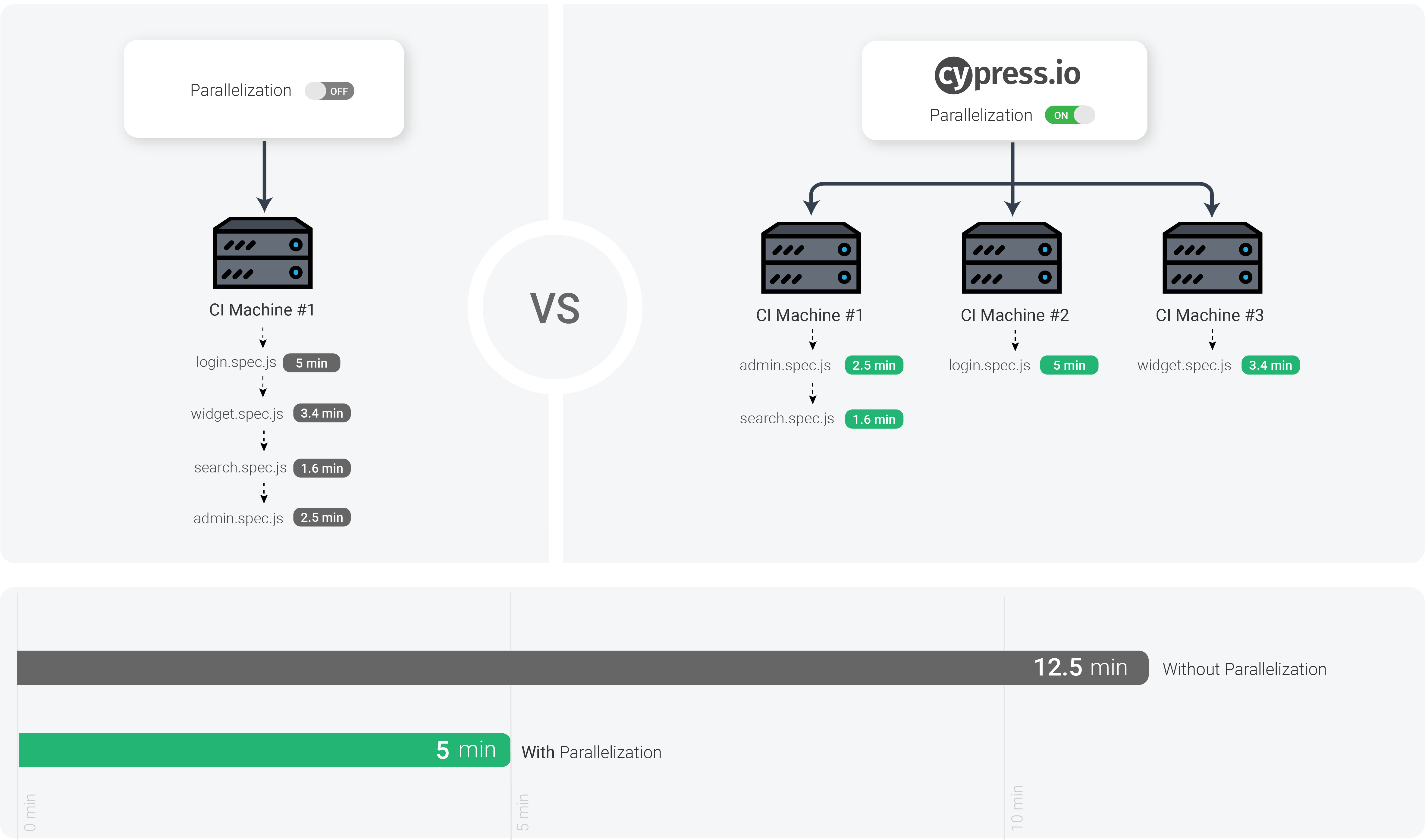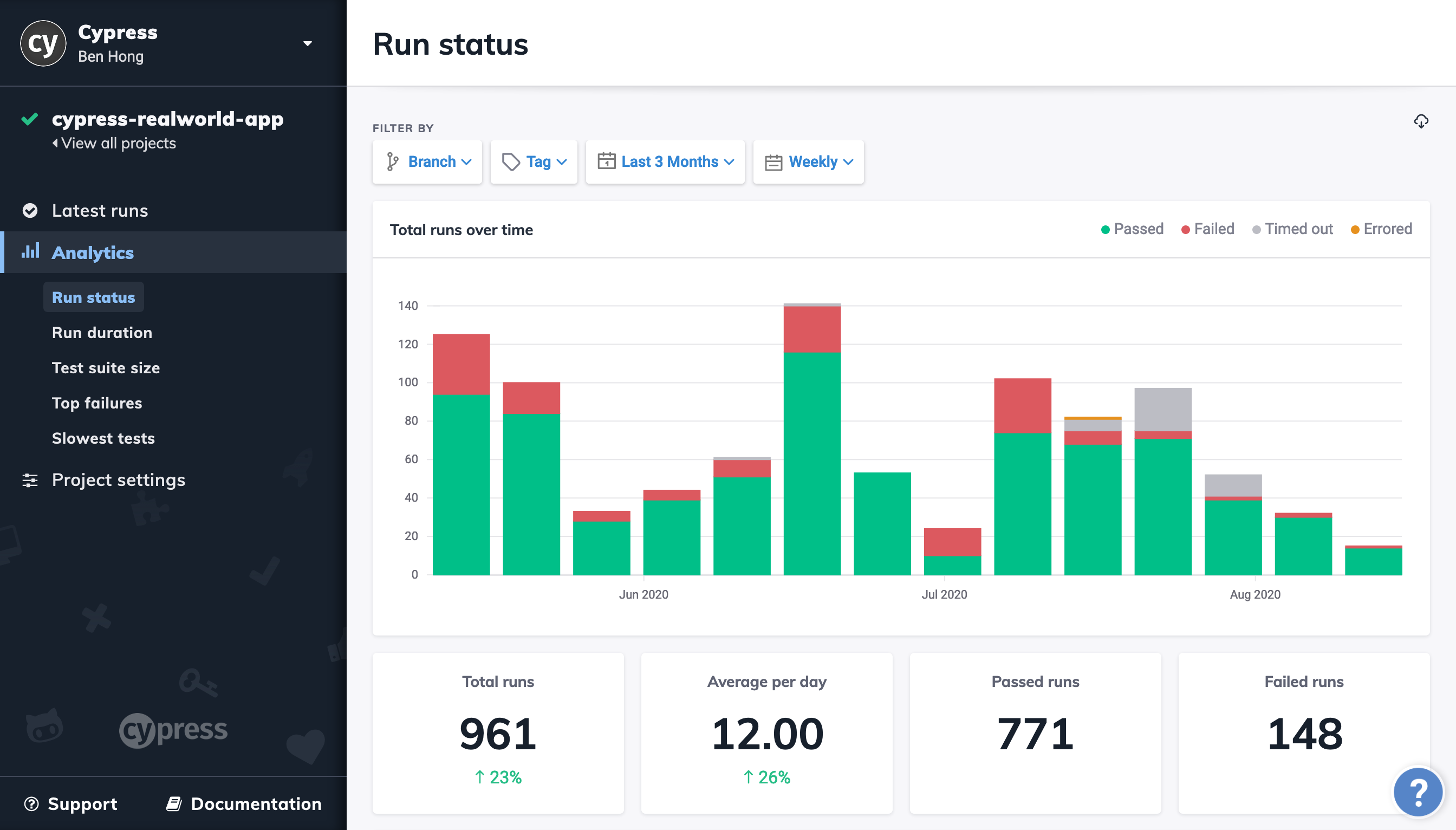Two Completely Different Approaches to the Same Problem
I didn't give a shit about "architectural differences" until I spent 6 hours debugging why my Cypress tests passed locally but failed in Docker. Turns out, how these frameworks work under the hood directly affects whether you'll be debugging at 3am or sleeping peacefully.
Playwright: The External Controller (Like a Puppet Master)

Playwright runs outside your browser and controls it through the Chrome DevTools Protocol. Think of it as a robot clicking buttons from outside the window. This sounds boring until you realize it means:
The good shit:
- Tests don't crash when your app crashes - learned this after Cypress tests died because my React app had an infinite loop in useEffect (classic fucking mistake)
- Actually works across different browsers - same test runs on Chrome 120.x, Firefox 121.x, AND Safari without fucking prayers
- File downloads just work - no weird workarounds or browser permissions bullshit (looking at you, Cypress)
- Multi-domain testing - can test OAuth flows that redirect to different domains (Cypress still can't handle this shit)
The pain points:
- Setup takes longer - downloads 200MB of browsers on first install
- Debugging feels detached - you're looking at artifacts after the fact, not live
- Steeper learning curve - more config options means more ways to fuck it up
Cypress: The Inside Job (Like JavaScript with Superpowers)

Cypress runs inside your browser, literally in the same JavaScript context as your app. It's clever and works great until it doesn't.
The magic:
- Time-travel debugging is genuinely amazing - you can step through each command and see exactly what happened
- No weird async issues - automatic waiting that actually works
- Feels natural for JavaScript developers - same runtime, same debugging tools
- Setup is dead simple -
npm install cypressand you're basically done
The catch-22:
- Single browser limitation - Firefox support is "experimental" and Safari is a pipe dream
- Cross-origin policy will ruin your entire fucking week - spent 2 days figuring out why SSO tests failed (CORS errors everywhere)
- File downloads are a special kind of hell - seriously, check this GitHub issue with 500+ comments of pure pain
- Memory leaks in long-running suites - had to restart browsers every 50 tests (Cypress 12.x was absolute garbage for this)
Performance: The Numbers That Actually Matter

Yeah, Playwright is 26% faster on average. But here's what that means in real life:
- Small test suite (10-20 tests): You won't notice the difference
- Medium suite (50-100 tests): Playwright saves you 5-10 minutes per run
- Large suite (200+ tests): This is where Playwright's parallel execution becomes your best friend - went from 45 minutes to 12 minutes on our CI
Cypress has a 7-second startup penalty that hurts small test runs, but performance is consistent. Playwright's cold start is faster, but you're downloading browsers first anyway.
Cross-Browser Reality Check
Playwright's promise: Write once, run everywhere.
Reality: Actually delivers on this. Same test works on Chromium 140.x, Firefox 141.x, and WebKit 26.x.
Cypress's promise: Works great in Chrome.
Reality: Works great in Chrome. Firefox support exists but is buggy as fuck, Safari doesn't exist. If you need cross-browser testing, Cypress will disappoint you hard.

